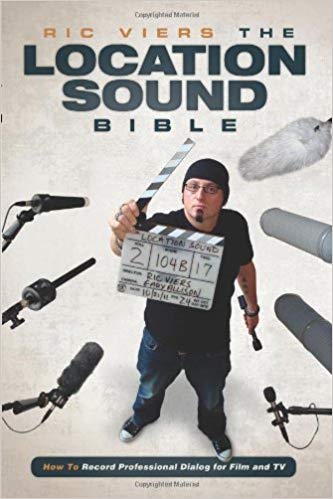Hi, all, new member.
My intent is to make a dramatic feature, not a documentary, using either the Canon EOS C300 or the Canon EOS 7D to shoot.
I won't be hiring a soundie due to budget constraints, and I'm currently attempting to get my head around the issue of recording sound while shooting.
I'd appreciate any input from experienced/knowledgeable parties regarding establishing a practical, versatile setup for recording sound while shooting. What are my best options, in terms of both cost-effectiveness and capturing clear, high-quality audio/dialogue in various conditions (outdoor as well as indoor and also in cases where actor mobility/roaming is required)?
Thanks,
Jack.
My intent is to make a dramatic feature, not a documentary, using either the Canon EOS C300 or the Canon EOS 7D to shoot.
I won't be hiring a soundie due to budget constraints, and I'm currently attempting to get my head around the issue of recording sound while shooting.
I'd appreciate any input from experienced/knowledgeable parties regarding establishing a practical, versatile setup for recording sound while shooting. What are my best options, in terms of both cost-effectiveness and capturing clear, high-quality audio/dialogue in various conditions (outdoor as well as indoor and also in cases where actor mobility/roaming is required)?
Thanks,
Jack.
Last edited:


